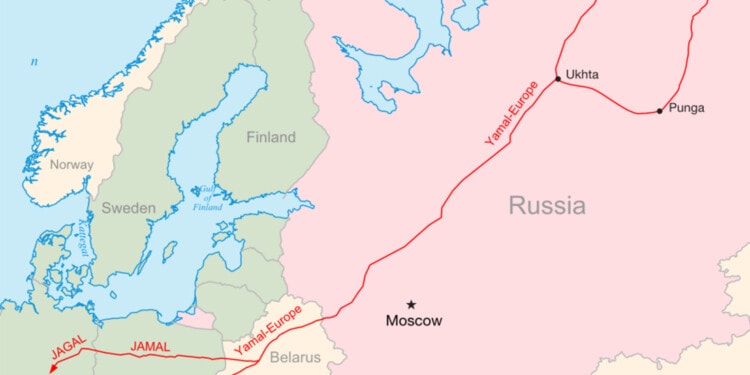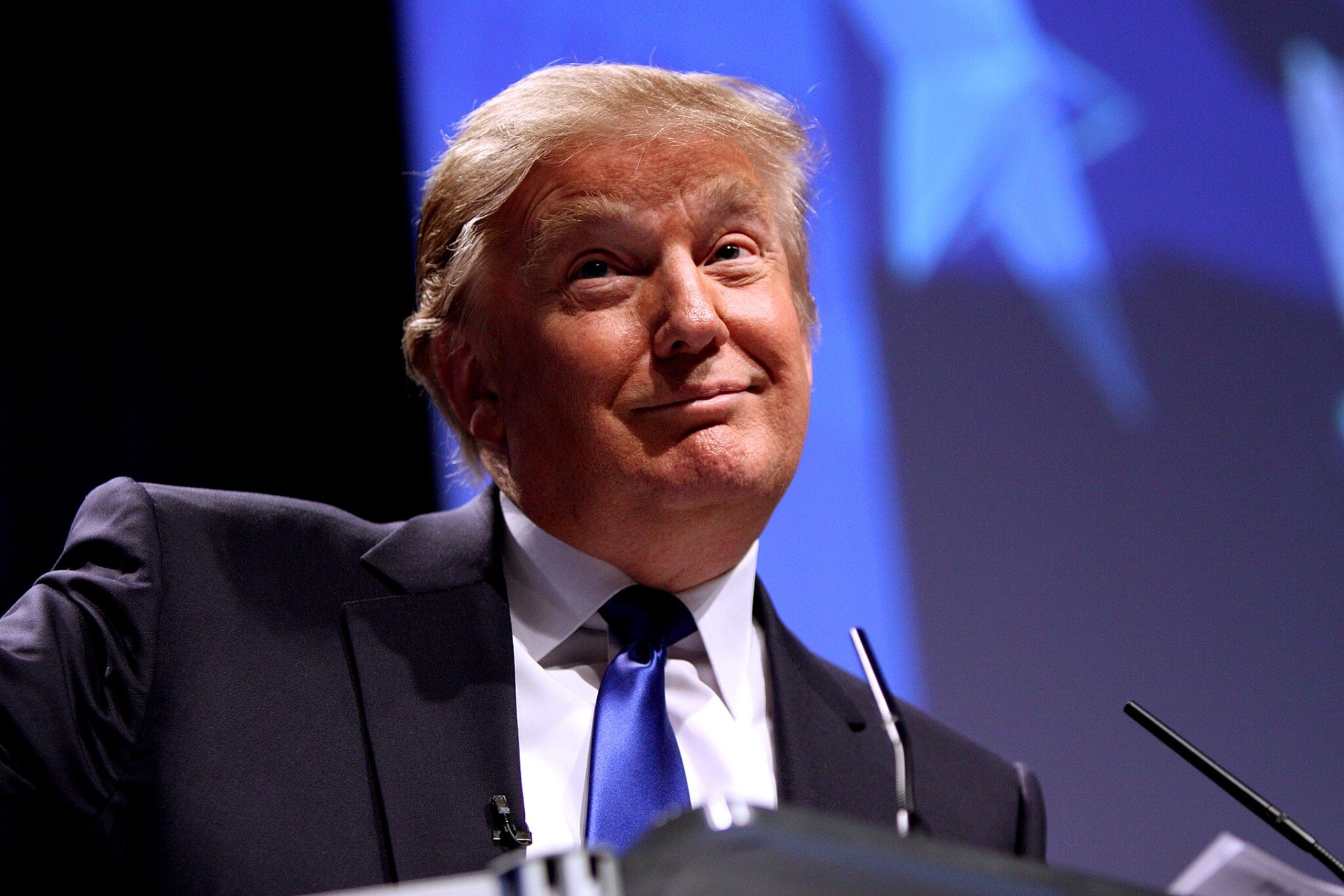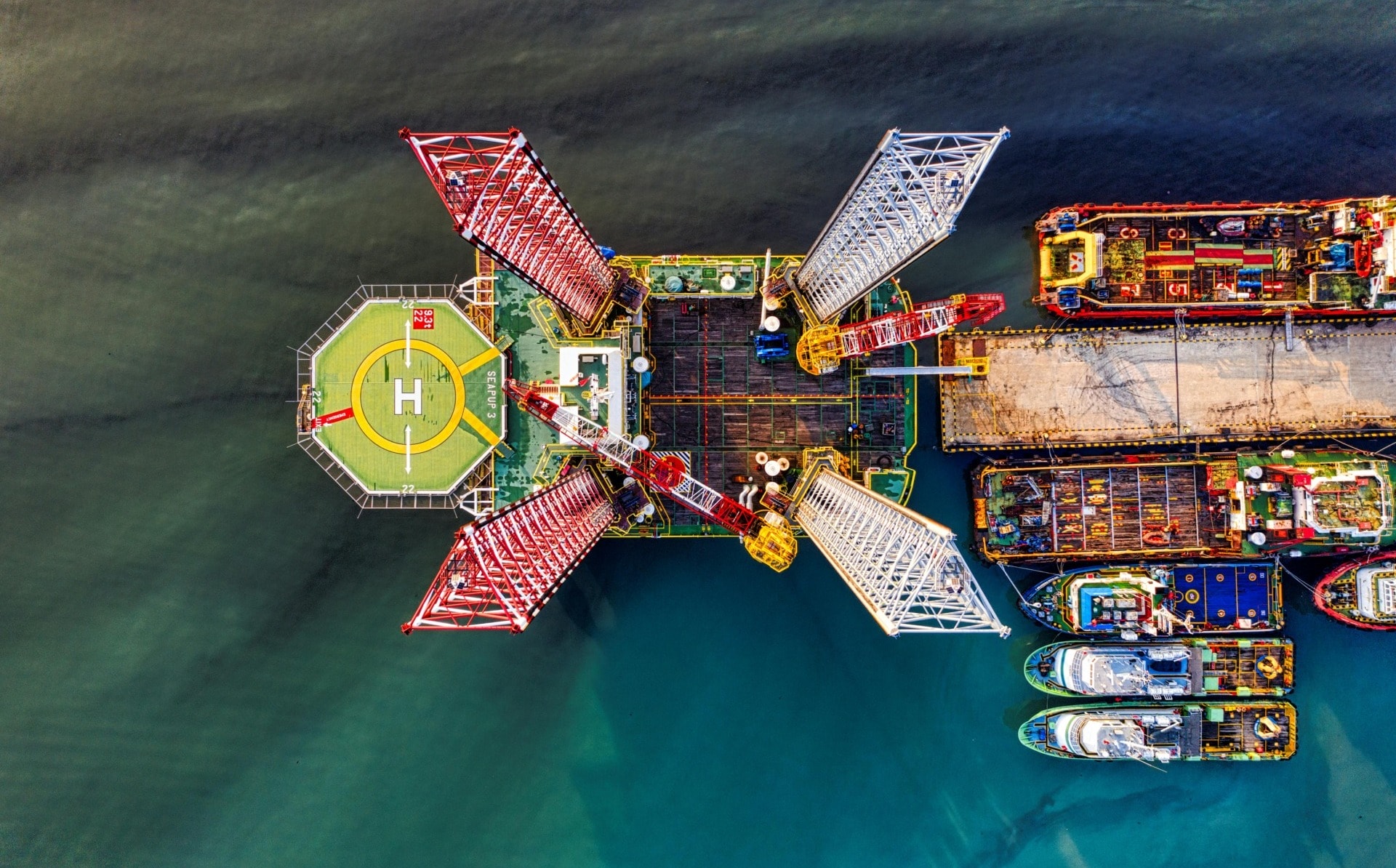On April 27th, Gazprom issued a statement announcing a cut-off in gas supplies against Polish and Bulgarian counterparts PGNiG and Bulgargaz.
Gazprom fully halts gas supplies to Bulgaria’s Bulgargaz and Poland’s PGNiG due to their failure to pay in rubleshttps://t.co/TriIMjWpyB
— Gazprom (@GazpromEN) April 27, 2022
The move follows from the repeated refusal by the importers to issue payments for gas in rubles, as was requested since March 23rd, when Putin specified that a list of “unfriendly countries” would be required to shift the currency of payment.
Putin’s threat to halt gas supplies if the currency of payment was not changed was initially met with skepticism, as Russia’s economy depends heavily on the revenue derived from energy exports. However, as noted here in a previous article, sanctions created a perverse incentive that made the threat much more credible:
“…as the ruble continues to lose value against other currencies, deals made in foreign currencies become less profitable to Russia. […] as each day of sanctions passes and the Russian economic conditions worsen, Putin has less and less to lose in withdrawing gas supply to the West.”
On March 31st, Putin issued a decree that exploited a loophole in export contracts signed with the West, allowing western gas companies to initially pay in Euros but allowing Gazprom to receive the payment in Rubles. This move changed nothing in the substance: abiding by Putin’s request would have helped to raise the value of the Russian currency and ease the impact of sanctions.
This is why the whole of Europe repeatedly refused to change the currency of payment and is now facing the consequences of such a choice. The EU questioned Putin’s resolve and found its answer with Gazprom’s tweet on Wednesday.
Putin’s decision on whether or not to proceed on energy deals escalation can be compared to pressing a switch, a switch with the power to turn off most sources of light and heat throughout Europe.
In the end, Putin didn’t need to press a switch; he clicked a button. We indeed reached a time where millions of lives can be changed with less than 140 characters.
Will Europe be plunged into darkness?
Both Poland and Bulgaria have issued statements reassuring consumers and markets that despite the cessation of deliveries from Russia, the gas supply will not be altered. Indeed, through help from their allies, drawing from reserves and policy emergency maneuvers, both countries’ energy usage is not at immediate risk.
Russia explained why the halting of gas supplies is unfolding now, a month after the initial statement on the matter was issued. The gas payments delivered at the time of the announcement were due at the end of the month, which is now, and therefore the gas flow was not immediately shut. This means that all European countries that rely on Russian gas are at risk of finding themselves in the same situation as Poland and Bulgaria.
Such a scenario is truly dystopian.
German chancellor Olaf Scholz has prepared the nation for what now seems the inevitable conclusion of the Russian strategy, which is to make dowithout the Russian gas supply. Germany has reduced energy dependence on Russia to 35% (from an initial 55%), but Bundesbank, Germany’s central bank, warned last week that an immediate cut-off would deeply scar Germany’s economy, reducing this year’s economic output by about 5%.
If this is the situation of the strongest EU country, one can only imagine what the rest would be facing. Europe depends on an average of 40% of its energy usage from Russian export. This is why the only answer to Russia’s blackmail is to stand united and find a common solution to safeguard the economic status of the whole continent. The alternative is to cave in and economically sustain the Russian campaign against Ukraine.
Fortunately, this option seems not to be on the table. Ursula von der Leyen, the president of the European Commission, has issued a statement defining the coming European response as immediate, united and coordinated.
https://twitter.com/vonderleyen/status/1519289878646775808?ref_src=twsrc%5Etfw%7Ctwcamp%5Etweetembed%7Ctwterm%5E1519289878646775808%7Ctwgr%5E%7Ctwcon%5Es1_&ref_url=https%3A%2F%2Fwww.euractiv.com%2Fsection%2Fenergy%2Fnews%2Fvon-der-leyen-defies-russias-gas-blackmail-vows-eu-unity-with-poland-and-bulgaria%2F
The EU’s only hope is to be fast, cohesive, and organized, but one wonders if it will be enough. This energy crisis will be the definitive test of the strength of the Union. A failure would probably constitute a deadly blow to its credibility before international fora and a gloomy foreshadowing of its destiny.
However, if Europe is able to hold on to the light, this could become its greatest success to date and definitively compromise the Russian invasion of Ukraine. Putin would have no greater threat available, apart from starting a full-scale third world war.
Can Russia bear a total and immediate gas cut-off?
Halting gas supplies to Europe would deeply damage western economies. Russia, however, would pay a great price too. Data from the last two months shows that Russia has received 62 billion euros in revenue from energy to the EU. To put this in perspective, total economic aid to Ukraine in the same period amounted to only around 10 billion euros.
Related articles: Can Russia Stop Gas Flows and Plunge Europe Into Darkness? |
Russia has continued to profit while being engaged in the military confrontation against Ukraine. The question is whether Russia will be able to sustain the military effort without such a considerable amount of revenue.
Russia could export oil by ship to India and China, energy-thirsty countries that have not imposed any sanctions. To a certain extent, Russia could also export gas by ship, liquifying the deposits in the Yamal Peninsula. However, there are only limited facilities to export gas by ship, and it will be almost impossible to obtain the same level of revenue after a total cut-off to Europe.
The overall conclusion is that, even if Russia is hurt, the only side that could remain crippled is the West.
A new ally for the West
To the point of sounding self-referential, the energetic policy confrontation will be decided by the government that is more effective in mobilizing its population to resist economic hurdles that will most surely be felt by both sides as a consequence of the escalation.
And, as we already claimed, “If Russia is better at mobilizing the population to resist deprivations through its authoritarian grip on power, Europe has more allies in the international community.”
By “allies,” we clearly referred to countries like the US, but as the conflict rages on and escalates, a new ally is joining the conflict on the European side. An actor that Russia knows very well.
That actor is the weather.
When Hitler initiated Operation Barbarossa on June 22nd, 1941, entailing the invasion of Russia, he did so five weeks after what was initially planned. Such delay was motivated by the invasion and annexation of Yugoslavia and Greece and remained pivotal in determining the overall outcome of the operation. Russian winter came five weeks before than initially planned, and German troops were stopped at the gates of Moscow.
If winter saved Russia in WWII, summer could now prove deadly to its invasion of Ukraine. Indeed, during summer demand for gas is lower, and storage facilities replenish. This is precisely what is happening in Germany, in which for each week that Russian gas continues to flow, more gas is ready for use in case of a cut-off. If gas reserves were empty by the start of the war, now they are one-third full.
Russia has no other option than to extend the cut-off and should do so as soon as possible. Europe has to brace for an inevitable impact and exploit longer daylights and warmer temperatures to endure privations and restraints over the energy usage in the following months.
Putin is trying to plunge Europe into darkness, but light will probably determine its defeat. The West has to stay united and coordinate its response to resist without Russian gas for the next few months.
Summer will do the rest.
Editor’s Note: The opinions expressed here by Impakter.com columnists are their own, not those of Impakter.com. — In the Featured Photo: The Yamal gas pipeline. Featured Photo Credit: Wikimedia Commons.













